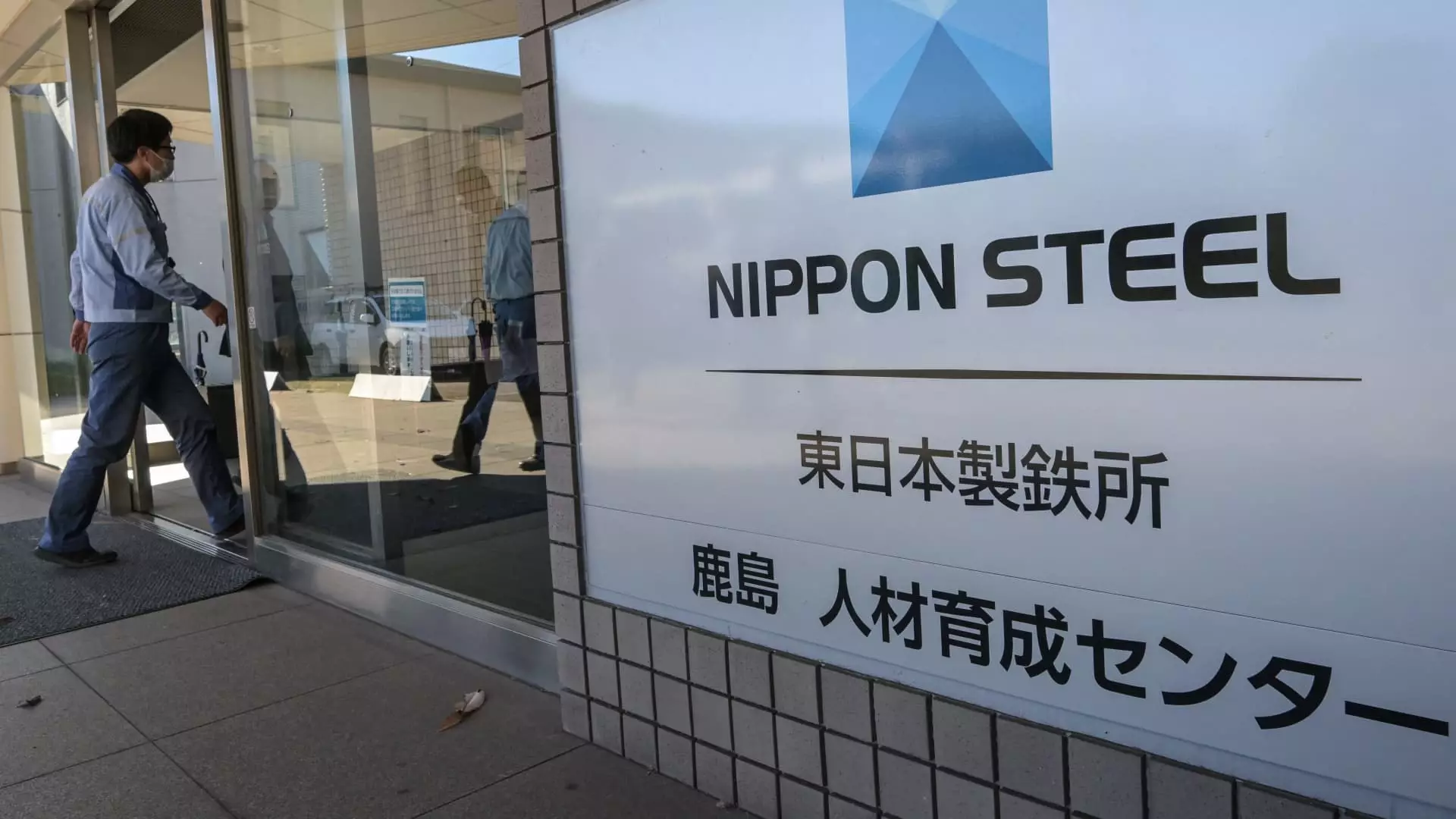In recent developments surrounding the U.S. steel industry, the proposed acquisition of U.S. Steel by Japan’s Nippon Steel has hit a roadblock. President Joe Biden’s administration has made the significant decision to reject a $14.9 billion takeover bid, as indicated in reports from The Washington Post citing unnamed sources. This decision underscores the administration’s focus on national security concerns in the realm of foreign investments, particularly in industries that are critical to the United States’ infrastructure and defense capabilities.
The Role of the Committee on Foreign Investment in the U.S.
The Committee on Foreign Investment in the United States (CFIUS) plays an essential role in evaluating foreign acquisitions, especially in sectors where national security could be at risk. In this instance, the CFIUS had been deliberating the proposal since late December but was unable to come to a consensus, ultimately referring the decision to President Biden. Over the past several years, CFIUS has increasingly scrutinized foreign investments, particularly from nations like China and Japan, due to growing global tensions and concerns over economic security.
National Security Concerns Behind the Rejection
One of the primary concerns cited by CFIUS was the potential for Nippon Steel to reduce U.S. Steel’s production capacity post-acquisition. Such a move could lead to supply shortages and delays in critical sectors, including defense. The protection of domestic manufacturing and the avoidance of dependency on foreign entities in vital industries are at the forefront of Biden’s economic and national security strategies. By blocking this acquisition, the administration sends a clear signal that the U.S. must maintain control over essential industries, particularly amidst ongoing global supply chain disruptions exacerbated by geopolitical tensions.
In an effort to address the government’s concerns, Nippon Steel proposed several concessions, such as maintaining the headquarters of U.S. Steel in Pittsburgh and ensuring that the board of directors would consist of U.S. citizens. Furthermore, Nippon Steel extended an offer to allow the U.S. government to veto any potential cuts to production. Despite these concessions, the administration’s stance remained firm, reflecting the growing sentiment in Washington that foreign ownership in strategic industries could compromise national interests.
It’s important to note that U.S. Steel’s stockholders had shown overwhelming support for the deal, with a vote backing the acquisition occurring earlier in April. U.S. Steel President and CEO David B. Burritt characterized the endorsement from shareholders as a validation of the strategic advantages they foresee in the transaction. However, the significant disconnect between corporate interests and national policy emphasizes a broader trend where the implications of foreign ownership are scrutinized more closely than ever.
This rejection does not exist in a vacuum; it is part of Biden’s broader industrial strategy, emphasizing the need for U.S. companies to be domestically owned and operated. The reaction from former President Trump, who expressed strong opposition to the takeover, reflects a bipartisan skepticism towards foreign investments in certain sectors, demonstrating that the issue transcends political affiliations. As international competition intensifies and economic nationalism rises, similar cases are likely to face stringent examination and could reshape the landscape of foreign direct investment in the U.S.
Biden’s decision to block the acquisition of U.S. Steel by Nippon Steel illustrates the administration’s proactive approach to safeguarding national security interests while navigating the complexities of global economic interdependence. As foreign investors weigh their options in the U.S. market, the heightened scrutiny of cross-border mergers and acquisitions is likely to continue, setting a precedent for how future transactions will be evaluated. This indication of protective economic policies could lead to a more robust domestic manufacturing sector, emphasizing the importance of being vigilant in an increasingly interconnected world.



Leave a Reply